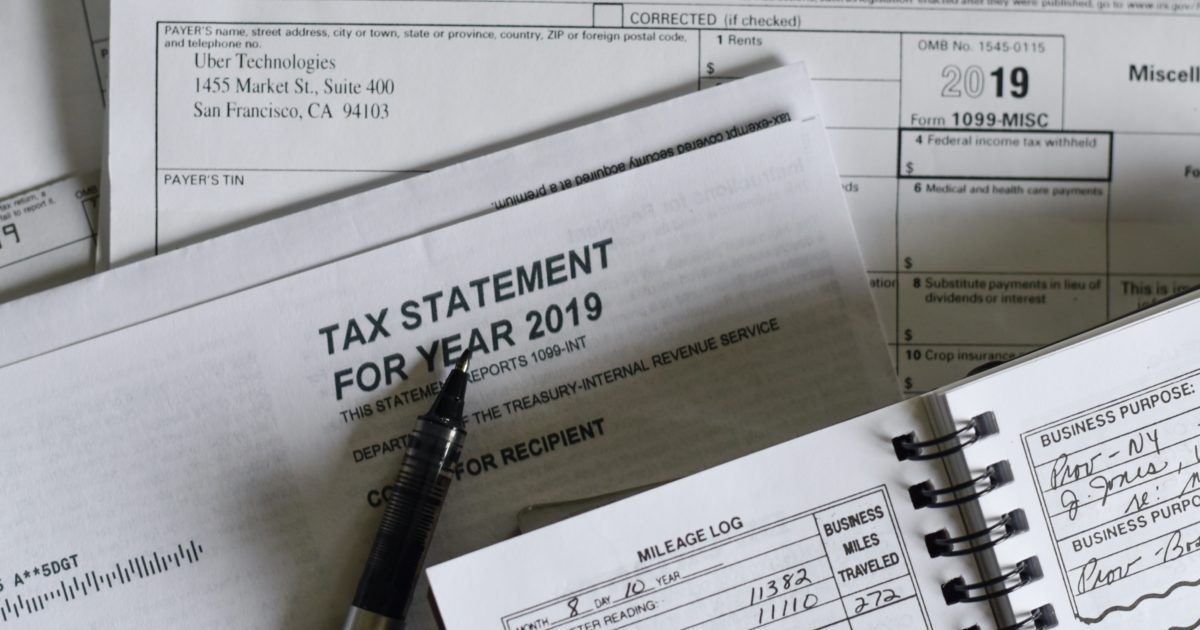If you are feeling the pressure from the Internal Revenue Service, you are not alone. Millions of Americans fall behind on their taxes every year.
It is important to start the process of becoming debt-free from the IRS to avoid tax liens, wage garnishment, and other means of collection. While a large tax bill may feel overwhelming, it’s important to get the ball rolling.
Unlike creditors, the IRS does not have to file suit to collect from you! So let’s discuss three basic steps you can take to protect yourself from the IRS.
Make sure your tax filings are up-to-date
The first and one of the most daunting tasks in getting the IRS off your back is to make sure you have filed your taxes for all previous years.
We all have busy lives and it is easier than some may think to file for an extension and then forget to follow up months later, especially in the chaotic year that is 2020.
Once you have filed, it usually takes the IRS a matter of weeks to process your return(s) at which time you can decide how best to move forward.
One of the best ways to self-file your taxes is with TurboTax which makes filing personal, and even business taxes, as easy as possible.
See if you qualify for debt forgiveness
If you are one of millions of Americans who have been laid off or lost your business and have more than $10,000 owed in back-taxes, you may qualify for a one-time debt forgiveness program.
After making sure your filings are up-to-date, find out if you qualify by contacting a debt settlement service provider like Optima Tax Relief.
Set up a payment plan
If you are among the fortunate to survive the economic fallout from the pandemic and lockdown measures, you may want to consider setting up a monthly payment plan with the IRS. There should be a box-to-check when filing your taxes or you can apply online at the official IRS website.
Beware of scammers
The IRS has cautioned citizens in the past to be careful to avoid scammers. Be aware that the IRS will never contact you by phone so if you receive a phone call, it is likely a scammer. The IRS’s primary method of contact is U.S. mail.
Other resources
If you are having trouble working with the IRS to resolve your tax issues, consider contacting Taxpayer Advocate Services. TAS is an independent organization within the IRS that helps resolve tax disputes.
If you still believe you are not getting the proper resolution to your dispute, consider contacting your U.S. Representative and opening a congressional inquiry. This simply means that your Congressman will send a letter to the IRS asking them for an official update on the matter. Usually this will not change the status of your case but sometimes it can help speed up the resolution or even bring a more desirable outcome to your case.
If you liked this article and want more, be sure to check out all of our resource articles here.

